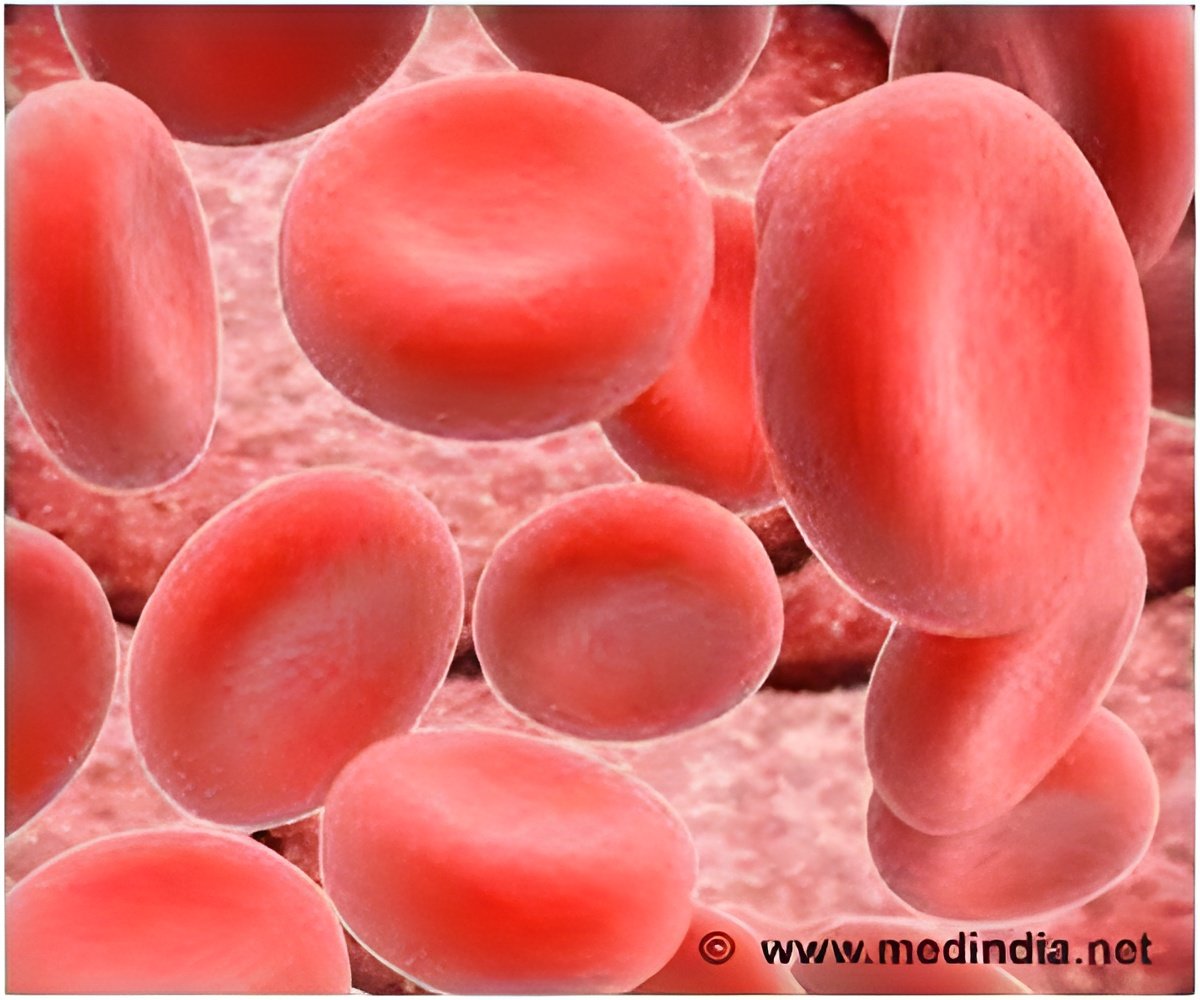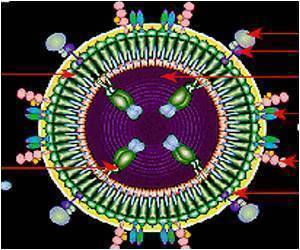T-cells, the elite guard of the immune system in humans and other mammals, do not respond to normal biologic protocol, but swing into high gear when attacked by certain fast-moving bacteria.

"Our study shows that the body's immune system functions very differently when it faces a rapidly growing pathogen like Salmonellaor Chlamydia," said immunologist Stephen McSorley, an associate professor at UC Davis' Center for Comparative Medicine, which investigates diseases that afflict both humans and animals.
"The strict rules that normally govern T-cell activation are relaxed so that the host animal has the best possible chance of a maximal response and ultimately staying alive," he said.
T-cells, which belong to a group of white blood cells called lymphocytes, normally respond defensively to the presence of substances known as antigens, which are produced by invading bacteria and viruses. It's widely known that T-cells launch an immune defense when they recognize specific antigens.
However in this study, the researchers demonstrated in the mouse that certain T-cells don't require the presence of specific antigens to launch an effective immune response. During fast-moving Salmonellaand Chlamydia infections, a cascade of other antimicrobial interactions occur that trigger these T-cells to respond defensively to the bacterial attacks, even without the presence of specific antigens.
The researchers also showed that when this defensive pathway was disrupted during Salmonella infection, the mice had greater difficulty getting rid of the bacterial disease.
Advertisement
Source-Eurekalert













